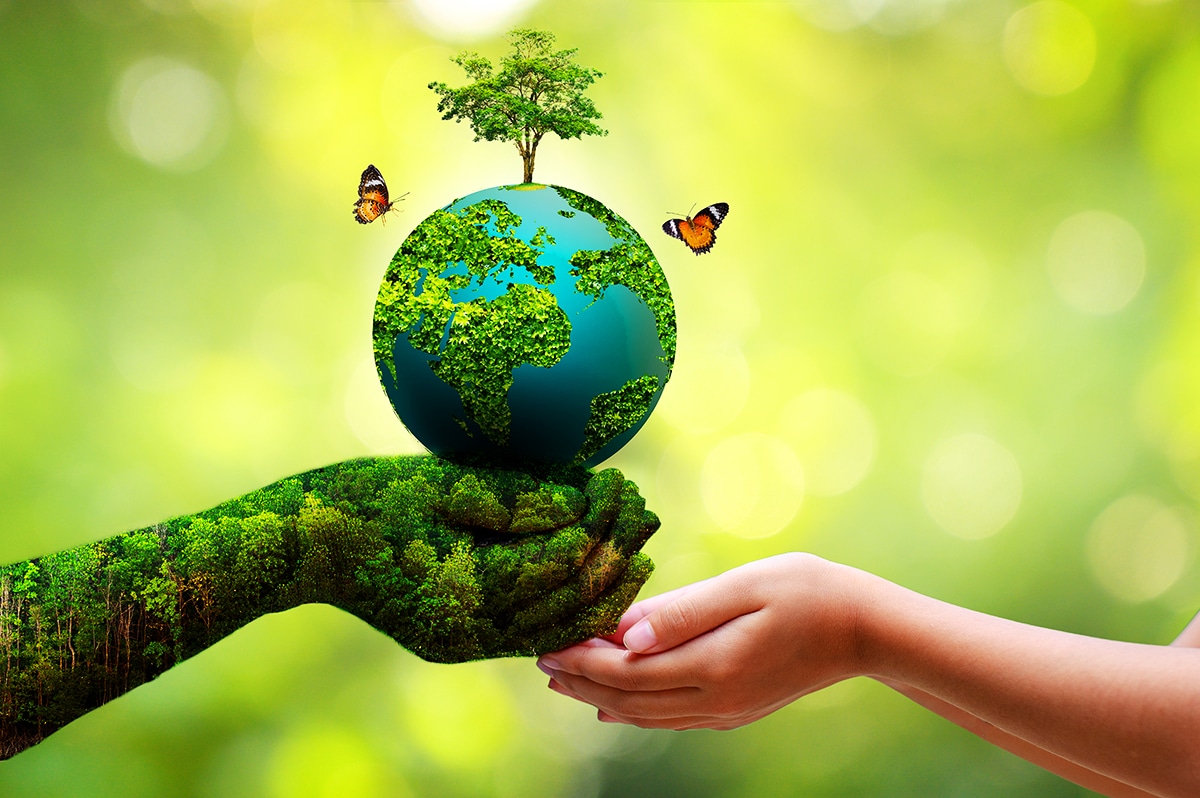The Importance of Saving Endangered Species
As the world continues to evolve with improved technology and infrastructural development, the environment and its inhabitants are facing severe threats. One of the biggest threats is caused by humans, who often disrupt the natural balance of life, leading to a decline in biodiversity. As such, saving endangered species has become vital for our planet’s future.
Endangered species are those that are at high risk of becoming extinct, and the loss of these species can have far-reaching consequences on the environment and human life. According to the World Wildlife Fund (WWF), about 10,000 species go extinct every year, and the current rate of extinction is 1,000 times higher than the natural rate. This means that more species are disappearing every day, and this has implications for the ecosystem services such as food, clean water, soil health, and air quality.
The Role of Endangered Species in the Ecosystem
Endangered species play a vital role in the ecosystem, and the loss of even one species can have significant impacts on the environment. Every species has a unique role in the food chain, and the removal of one species can affect the entire chain, leading to imbalance and chaos. For instance, the decline of the bee population has resulted in a decrease in the pollination of plants, which affects the production of fruits and vegetables that are essential for human consumption.
Moreover, endangered species also support the ecosystem by enhancing the soils’ fertility, purifying the air, and regulating the water cycle. Some of these species also have medicinal properties that have been used in the development of drugs to cure various diseases. The extinction of these species can disorient the natural balance that they create within the environment and make it more vulnerable to natural disasters.
Threats to Endangered Species
Various factors contribute to the decline of endangered species, and they include habitat loss, climate change, over-harvesting, pollution, introduction of non-native species, and disease. Human activities, including logging, mining, and agricultural activities, lead to the loss of natural habitats, and this disrupts the ecosystem’s balance.
Climate change is another significant threat to endangered species, and it has led to the loss of habitat, food chain disruption, range shifts, and altered plant phenology. Over-harvesting also threatens endangered species, and it has led to the extinction of species like the dodo bird and the passenger pigeon. Pollution, which includes air pollution, water pollution, and land pollution, has also contributed to the decline of wildlife species.
Additionally, the introduction of non-native species can lead to the displacement of native species, and the invasive species can outcompete the native species for resources, leading to their decline. Diseases, such as white-nose syndrome, have also been responsible for the decline of endangered species. The disease has killed millions of bats in North America in a span of a few years.
Why Should We Save Endangered Species?
Saving endangered species is essential for many reasons, and some of them include:
Preserve Biodiversity
Biodiversity is the variety of living organisms that inhabit our planet, and it is what gives life its color and beauty. Endangered species play a vital role in the ecosystem and its biodiversity, and their extinction would lead to the loss of the natural balance that supports life.
Promote Ecotourism
Endangered species are part of the natural beauty that attracts tourists to various destinations. Preserving these species would promote ecotourism, which would generate additional income and create employment opportunities.
Develop New Medicines
Endangered species have a unique genetic makeup that scientists use to develop new drugs and treatments for various diseases. Saving these species would enable us to continue exploiting their medicinal properties for the benefit of humanity.
Maintain Food Security
Endangered species play a vital role in the ecosystem in terms of providing food for human consumption. They regulate the food chain and contribute to the production of fruits and vegetables that we consume daily.
What Can We Do to Save Endangered Species?
Saving endangered species requires collective efforts from governments, organizations, and individuals. Some of the ways we can contribute to saving endangered species include:
Support Conservation Efforts
Various organizations work to conserve endangered species, and supporting their efforts can contribute to saving these species. Donating to organizations or volunteering for conservation activities can help conserve endangered species.
Limit Habitat Destruction
Limiting habitat destruction involves reducing the impact of human activities on natural habitats. This can be achieved by adopting sustainable farming practices, reducing logging activities, and creating protected areas where endangered species can thrive.
Reduce Pollution
Reducing pollution is crucial in saving endangered species. This involves adopting sustainable practices that reduce air pollution, land pollution, and water pollution. Some of these practices include reducing the use of plastics, adopting renewable energy sources, and using environmentally friendly products.
Manage Invasive Species
Managing invasive species is essential in protecting endangered species. This can be achieved by removing invasive species, controlling the spread of invasive species, and promoting the growth of native species.
Conclusion
Endangered species play a vital role in the ecosystem, and their loss has far-reaching implications on the environment and human life. Saving endangered species requires collective efforts from governments, organizations, and individuals, and it is essential for the continued existence of our planet. By supporting conservation efforts, limiting habitat destruction, reducing pollution, and managing invasive species, we can contribute to saving these endangered species and safeguarding the habitat they call home. Let us all play our part in saving endangered species, and in doing so, secure our planet’s future for generations to come.
- borrame-noticias - abril 25, 2024
- borrame-animales - abril 25, 2024
- borrame-viaje y turismo - abril 25, 2024

